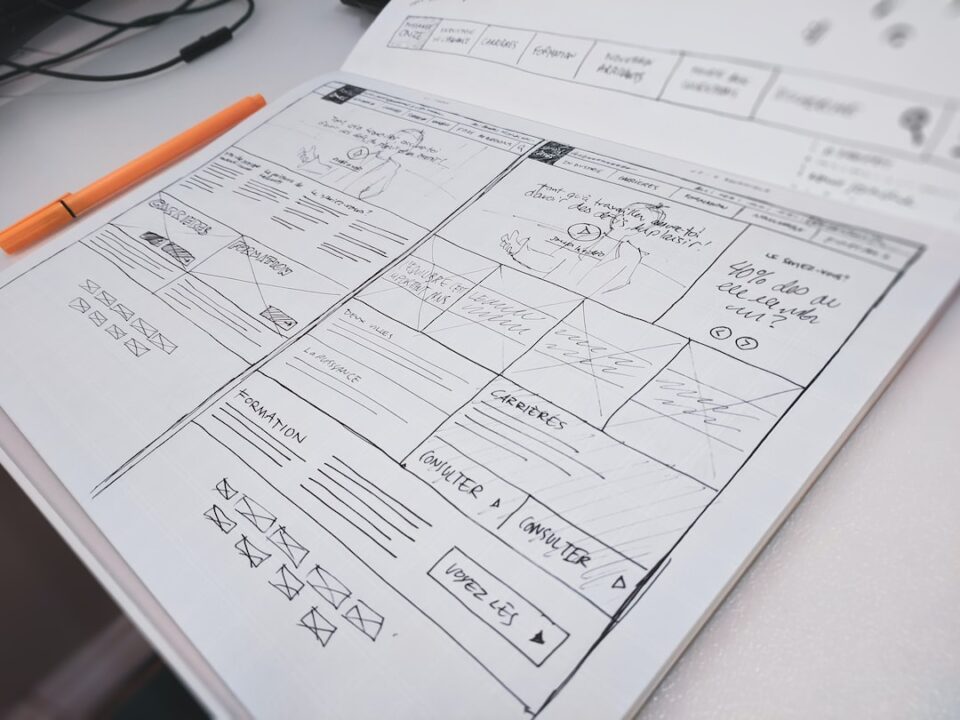Teamwork is an essential component of success in the workplace. It’s through cooperation and working together that companies are able to achieve their goals. However, sometimes, working with others can be challenging, especially when you’re dealing with colleagues who are difficult and conflictual. Your colleagues may have some personality traits that you find uncomfortable or irritative. Your view of the situation may be different from that of your colleagues, leading to a clash of ideas, opinions, and preferences.
The good news is that dealing with conflict and difficult colleagues is not something that you have to deal with alone. There are several strategies that you can employ to manage each situation, achieve a positive outcome and maintain positive working relationships.
First and foremost, you should take the initiative to address the conflict or issue the moment it arises. You can do this by seeking help from human resources or your supervisor. You can also request for an opportunity to sit down with your colleague and discuss the problem. The key is to be honest, open, and respectful when addressing the issue.
Communication is an integral component of successful teamwork. Excellent communication skills can help you to diffuse conflicts, clarify misunderstandings, and build positive relationships. When communicating with a difficult colleague, it’s essential to stay positive and use empathy. Empathy is the ability to put yourself in someone else’s shoes, and understand their point of view. It’s a powerful tool, and it can help you to come up with solutions that will satisfy everyone involved.
Active listening is another essential skill that can be used to deal with difficult colleagues. Active listening involves paying attention, clarifying, and confirming what the other person is saying. This approach helps to ensure that you have a clear understanding of the situation, and it also shows your colleague that you value their input.
It’s also important to be aware of the different personalities in any team. A good understanding of the diverse personalities in a team can help you to navigate conflicts and achieve a positive outcome. Some people may be more assertive than others, while others may have attention-seeking behaviors. By understanding the personalities of your colleagues, you can identify what triggers them and find appropriate ways to communicate with them.
In conclusion, managing conflict and dealing with difficult colleagues requires patience, critical thinking, empathy, and active listening. Addressing the issue early, having excellent communication skills, being aware of the unique personalities in your team, and using conflict resolution approaches that work for everyone can help to resolve conflicts and maintain positive working relationships. Whether you’re dealing with a colleague who is argumentative, aggressive, or passive-aggressive, a solution can always be found with the right approach.

